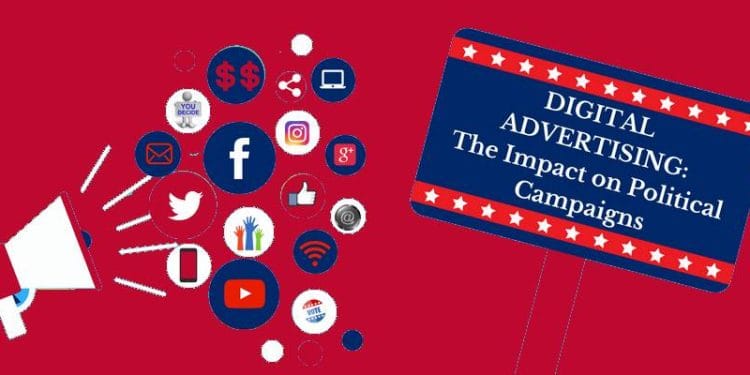Social media has become a powerful force in Indian politics, transforming how leaders connect with voters and how campaigns are run. From Twitter trends to viral videos, digital platforms are shaping opinions, amplifying voices, and sometimes, stirring controversy. Let’s unpack this fascinating shift.
🌟 How Social Media Changed Indian Politics
✅ Direct Communication
Leaders use platforms like Twitter, Facebook, and Instagram to speak directly to the public, bypassing traditional media.
✅ Real-Time Engagement
Political parties share updates, rally announcements, and campaign highlights instantly.
✅ Voter Mobilization
Digital campaigns, memes, and hashtags encourage youth and urban voters to participate in democracy.
⚠️ Challenges and Concerns
⚠️ Misinformation and Fake News
False stories and rumors spread rapidly, influencing opinions and sparking conflict.
⚠️ Polarization
Echo chambers can reinforce biases, making it harder to have balanced discussions.
⚠️ Privacy and Data
Concerns about data misuse and targeted ads highlight the need for regulation.
🌍 Social Media’s Role in Recent Elections
✅ Key hashtags like #ModiWave and #MainBhiChowkidar have gone viral.
✅ Influencers and digital warriors help parties reach younger voters.
✅ WhatsApp groups are used for grassroots outreach in rural and urban areas.
🌟 The Future of Digital Politics in India
✅ Calls for stricter regulation of digital campaigning to protect democracy.
✅ More focus on digital literacy to help voters spot fake news.
✅ Growing role of fact-checking platforms and independent journalism.
🌟 Final Thoughts
Social media has made Indian politics more accessible and dynamic, but it also raises questions about misinformation and accountability. Staying informed and critical is key to navigating this new political landscape.
💬 How has social media shaped your views on politics? Share your thoughts and experiences below!

































































